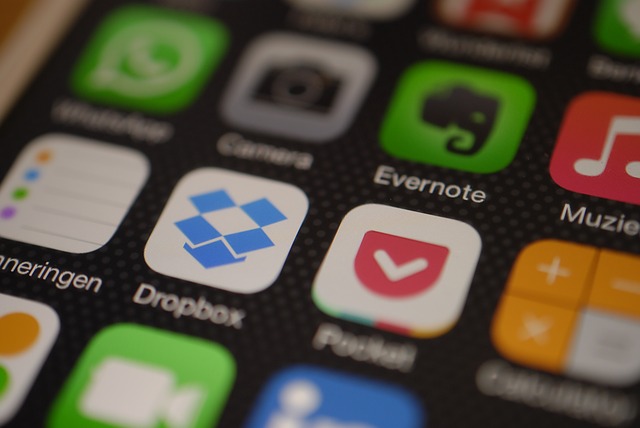
Mobile devices are everywhere. They’re in the pockets of every taxi driver, teenager, and businessman. And that means that they are a font of untapped potential. Mobile, according to Google at least, is the platform of the future. If companies want to get ahead, they had better start thinking very seriously about their mobile presence.
Most startups, however, don’t think that mobile apps are really all that big a deal. After all, they’ve already got a bunch of loyal customers, right? The problem is that that is old school thinking. Sure, in the past you could hang on to customers without a mobile app. But in the past, you didn’t have to have a social media account, or even a website, to be a success. These days, it’s all change.
Here are the reasons why your startup should think seriously about implementing its own mobile app strategy.
They Boost Profits
Salesforce is a big player in the digital space. It recently did a study of what influences customer decision-making. The found that over 70 percent of clients were influenced by how they were being treated. In other words, the happier the customers were, the more companies got business, and the more they grew. But they key here is to find ways to improve the customer experience. You might have a product that customers are dying to use. But if it’s difficult for them to get their hands on it, it might as well not be there.
Most startups think that just having a mobile version of their site will suffice. But the evidence isn’t on their side. Take Domino’s Pizza for instance. The company was doing what other enterprises in the space have done for years and offer a mobile site experience. But the mobile site itself wasn’t exactly the most user-friendly experience. Customers didn’t want to fill out the same form over and over again every time they wanted a pizza. So Domino’s invested in an app that remembered who they were, where they lived and their financial details. This meant that ordering a pizza from a mobile device was suddenly no hassle at all. Domino’s managed to gain an impressive 28 percent in profits after introducing the app, all because the user experience got a lot easier.
Better Communication With Customers
What does customer service mean in the 21st century? Does it mean face-to-face interactions with customers? Or does it mean providing value and service in the online space? Today, nearly 3 billion people have a mobile device. And they want to be able to use it to get the customer service that they need.
As companies like Adworkz point out, mobile consumers want you to react to them quickly. There’s no appetite anymore for waiting around for hours on the phone for somebody to answer your query. Plus, people are skeptical of the traditional call center anyway. There’s a perception out there that sees the call centers as out of touch and unprofessional.
Businesses too recognize that mobile apps are critical to customer service. 38 percent of businesses say that their main objective with mobile apps is to improve the client experience. Only 24 percent say that it’s to increase revenue. The thing to remember here is that mobile apps aren’t just a substitute for customer service representatives. They’re a better solution. Mobile customers often want access to information when customer service reps are in bed. Instead of having to wait until opening hours to get served by humans, they can just fire up their app and get answers that way. They can also do a bunch of other things, like place orders, at their convenience.
Communicate Your Brand
For your business to grow, people need to have a keen awareness of your brand. That means that they should be interacting with your branding on a regular basis. The greater you audience’s familiarity, the more they’re likely to trust you. And the more they trust you, the more sales you’ll make.
The cool thing about mobile apps is that they allow you to show your customers why they should trust your firm. That’s because mobile apps can be used to educate customers in ways that simply wasn’t possible before. For instance, mobile apps help you take your customers through step-by-step product explanations. The big brands in all the major industries are using apps to communicate with their customers. And for many, it’s changing the way they do business. In the chemical and pharmaceutical industry, 55 percent of firms say mobile apps have changed the way they do business.




